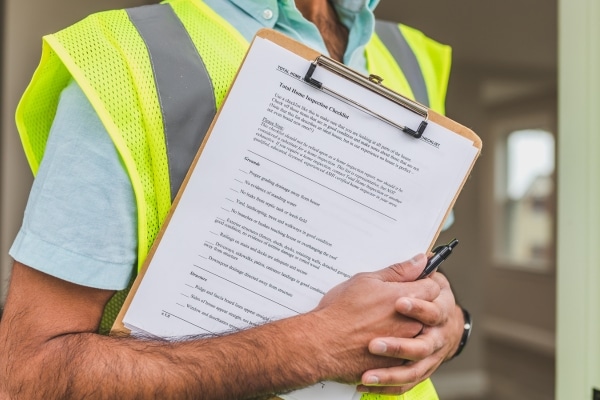Can employees be stood down in the event of an IT systems failure?

In June, the world’s largest meat producer, JBS Foods was targeted by a large scale cyberattack that caused it to suspend its operations across North American and Australia.
While there was no official word from the company’s Australian division, the Australasian Meat Industry Employees’ Union (AMIEU) claimed that the producer had stood down approximately 10,000 workers without pay. The situation was eventually resolved when the company agreed to pay a ransom of AU$14.2 million.
In statements to the media, the AMIEU noted that JBS had allowed full-time and part-time employees to access their leave entitlements over this period, however that it was unclear whether this was a valid situation in which to implement a stand down.
A stand down – which many businesses continue to rely upon during COVID-19 pandemic – is one of the most extreme steps available to employers, intended to (as it was put in CEPU & Anor v FMP Group Australia Pty Ltd [2013] FWC 2554) “relieve an employer of the obligation to pay wages”. For this reason, it is a power only able to be exercised in exceptionally limited circumstances.
Stand down provisions under the Fair Work Act
Under section 524 of the Fair Work Act, a stand down is available where an employee cannot be “usefully employed” because of:
- industrial action (such as stoppages of work);
- breakdowns of machinery or equipment for which the employer cannot reasonably be held responsible; or
- other stoppages of work for any cause for which the employer cannot reasonably be held responsible.
The final point is commonly used when government mandated lockdowns prevent businesses from opening. Prior to this, it was most commonly utilised in cases of inclement weather or gas leaks and burst waterpipes where it would be unsafe for work to be performed.
While it is not entirely clear the power which JBS purported to exercise, it is likely that it would relate to breakdowns of equipment. The particular ground is well-understood in industries such as mining and construction, although primarily in the context of heavy equipment and not IT infrastructure.
However, more often than not the critical issue is not whether a stoppage of work has occurred, but whether an employee can be “usefully employed” elsewhere during any outage.
What does it mean to be “usefully employed”?
Whether an employee can be “usefully employed” turns on the circumstances of each case. However, it requires consideration of all the alternative duties an employee may be able to undertake, even if they are completely unrelated to their position.
For this reason, it is unlikely that a partial IT systems failure will mean that an employee cannot be “usefully employed”. However, if such a failure were to be so widespread to the point where everything surrounding it grinds to a halt (presumably what happened in the case of JBS), then it may be a valid exercise.
It is currently unclear whether the AMIEU or any affected employee intends to commence legal proceedings in relation to the stand down. However, the AMIEU did commend JBS for allowing employees to access their leave entitlements during this period, which we now know from CEPU & Anor v Qantas Airways Limited [2020] FCAFC 205 would not ordinarily be allowed to occur without its consent.
It seems then, without a challenge to the validity of the stand down power in these circumstances, employers must continue to look to first principles and seek advice before standing down workers without pay.
For advice on employers’ rights and responsibilities in the event of a stand down, contact NRA Legal on 1800 572 679.
Article by Lindsay Carroll, NRA Legal
Contact our team today






